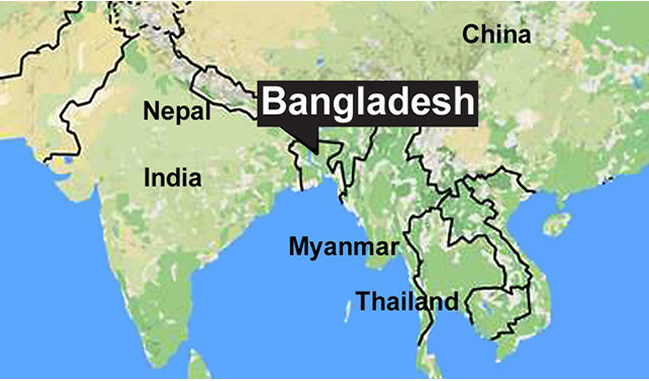The release of 178 former paramilitary troops in Bangladesh marks a significant turning point in the aftermath of the 2009 Bangladesh Rifles (BDR) mutiny, a violent uprising that shook the nation and left a deep scar on its political landscape. The mutiny, which transpired just weeks after Sheikh Hasina assumed office as Prime Minister, resulted in the brutal massacre of 74 people, predominantly senior army officers. The two-day revolt began in Dhaka, the capital city, before rapidly spreading across the country, destabilizing the nascent government and raising serious concerns about national security. Thousands of BDR personnel were apprehended following the mutiny, and subsequent trials led to numerous death sentences, drawing criticism from international human rights organizations for perceived procedural flaws and a lack of due process.
The recently released individuals had been acquitted of murder charges but remained incarcerated for over a decade due to pending accusations related to explosives violations. Their release, which occurred months after the ouster of Sheikh Hasina following widespread protests against her protracted rule, has been met with mixed emotions. While the freed individuals and their families celebrate the end of their long ordeal, expressing relief and a sense of renewed hope, questions surrounding the mutiny’s origins and the justice delivered remain. The timing of the release, coinciding with the change in government, inevitably fuels speculation about the political motivations behind the decision and the potential for a reassessment of the entire BDR mutiny incident.
The families of the released troops have consistently maintained their innocence, arguing that they were unfairly caught in the crossfire of a larger conspiracy. They have described the years of separation and uncertainty as a living nightmare, expressing deep frustration with what they perceive as a miscarriage of justice. The celebratory atmosphere surrounding the release reflects the years of pent-up anxiety and the profound longing for reunification and closure. The relatives’ allegations of injustice resonate with broader concerns about the handling of the mutiny investigation and the subsequent trials, highlighting the need for a thorough and impartial review of the entire episode.
The 2009 BDR mutiny was not simply an isolated incident of military insubordination; it exposed deep-seated tensions within the Bangladeshi armed forces. An official investigation conducted during Hasina’s tenure attributed the mutiny to long-standing grievances among ordinary soldiers, who felt their pleas for better pay and improved working conditions had been ignored by the higher-ups. However, opposition groups have consistently challenged this narrative, accusing Hasina of orchestrating the mutiny to weaken the military and consolidate her own power. These competing narratives highlight the deeply polarized political landscape of Bangladesh and the persistent mistrust surrounding the official account of the mutiny.
The interim government that replaced Hasina’s regime has pledged to reopen the investigation into the BDR mutiny, responding to calls from families of the slain army officers who seek a more comprehensive and transparent inquiry. This decision reflects the ongoing controversy and the desire for a more conclusive understanding of the events that led to the tragic loss of life. The reopening of the investigation offers an opportunity to address the lingering questions and potentially uncover new evidence that could shed light on the complex interplay of factors that culminated in the mutiny. The renewed investigation will undoubtedly face significant challenges, including the passage of time, the potential for lost or compromised evidence, and the political sensitivities surrounding the case.
The BDR mutiny, with its devastating human cost and enduring political ramifications, remains a sensitive and unresolved chapter in Bangladesh’s history. The release of the 178 former troops, while offering a measure of closure for the individuals and their families, also underscores the need for a renewed commitment to truth and reconciliation. The reopening of the investigation provides a crucial opportunity to address the lingering questions and ensure that all those responsible for the tragic events of 2009 are held accountable. The path forward requires a commitment to impartial justice, a willingness to confront uncomfortable truths, and a dedication to healing the deep divisions that continue to haunt the nation.














